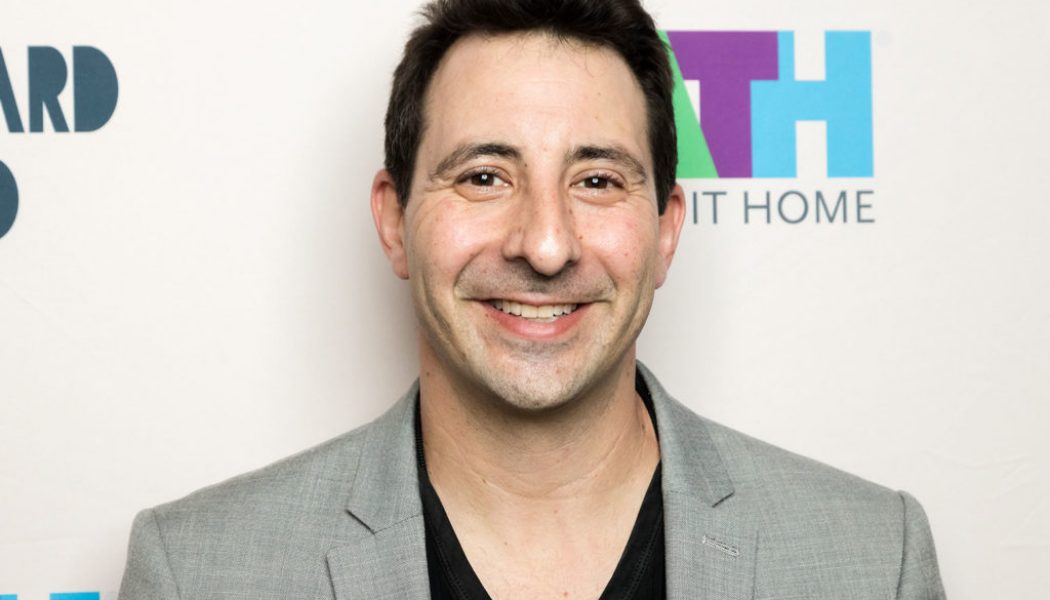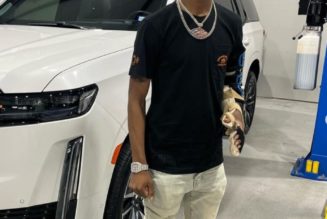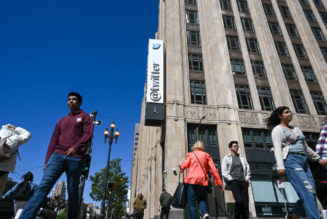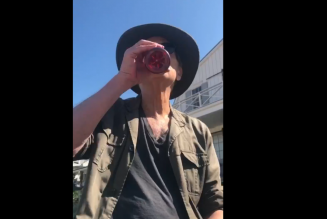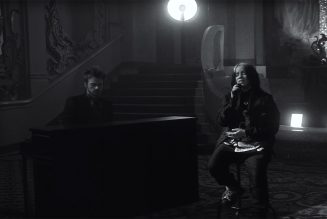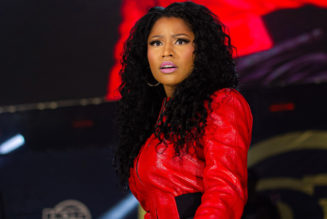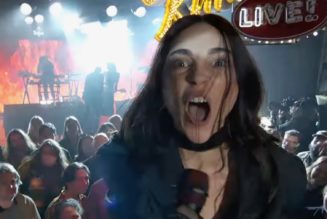
Why did you decide to launch Terrapin Station Entertainment?
Ultimately the goal was to be able to continue to be aggressive and utilize this time to grow and scale and come out of this with great content and great music. Red Light was super supportive of all of the projects that I took on, but they were family shows. I was carving my own lane.
Did you feel like you kind of had to go independent to pivot and be agile?
Yeah, and having the ability to continue to be aggressive in the intellectual property space and continue to support my team. With these types of artists and projects, you have to have a really strong team. I felt that this is a great time to go out and license a lot of IP for the future. If you can be aggressive in that space, then when the clouds lift, we have a really strong team with shows and content, growing the map and growing the roster.
Why is now a good time to be acquiring content and how difficult is it to raise capital?
I’m independent, but I do have strong backing. I was looking around at the landscape and seeing that some of the people that were also in this space like Cirque du Soleil, who had been a leader for many decades, were going in the opposite direction in terms of scaling down. And so I kind of looked upon that and said, “maybe this is my opportunity to scale up so that I can be even more competitive.”
What do you think the return of live music is going to look like?
Just like everybody else, we’re looking into the crystal ball and trying to figure out the plan for 2021. When things start to get back to normal, everybody will be high-fiving for whatever kernels we can find out there. Right now, I see it from a relatively simple perspective — I’m trying to find ways to support my team, support my artists and support the ecosystem, which includes crew members, promoters, agents and everyone else. The only way for everyone to be active is to just to get out there and try stuff. And every time that we try a live stream from an iconic venue or a drive-in show, it it provides a day of work for crew. From my standpoint, right now, it’s just small building blocks of figuring out how to support the community so that we can get back online because there’s so many people right now out of work. And so any small bit that we can do in terms of providing these platforms for people to be able to work is just one small step towards us getting back online fully.
How many venues have to reopen for you to be able to get back on the road?
With our shows, they’re ultimately successful by doing them in volume. With Fresh Beat Band we did 300 shows, and with Peppa Pig we did 450 shows over three years. With Disney jr. We did 150 shows over two years. The way to scale these things and the way to be successful is to figure out a roadmap whereby you can [do] 50, 60, even 100 shows per year, and you have to have venues available to play.
Why did you name your company after a Grateful Dead song?
I had the honor and privilege of managing Mickey Hart for five years and he had such a deep impact on my career and life. He actually was the first person to pull me aside and say, “in addition to being a manager, you’re a really great producer,” and I’d never thought of myself as a producer prior to that. He had all these side projects like the Mickey Hart Band and the Rhythm Devils, all of which I managed. Ultimately what I was doing, unbeknownst, even for myself, was producing these shows. And it was just a very early incarnation of being a producer and he recognized that. Beyond that, the song always represented to me this magic place where everybody would gather at the station, almost like the station was a venue. And I kind of envisioned our shows that we’ve done over the years to be exactly that, where fans and families come to our shows and are able to escape their daily routine for a minute and be with their favorite artists or characters.
Do you worry we’re going to lose a whole generation of great people that won’t be able to come back?
We will certainly lose some great people who don’t have the patience or can’t wait for the music business to come back online. But what I will say is that anybody who has the opportunity to bring young people along, even if it’s in an intern position or as a PA , that experience is invaluable towards what they might be able to build in the future. Everybody has to look at the situation from that standpoint. It’s a giant reset, we need to put one foot in front of the other and utilize this time to build and lift people up. I certainly want to be supportive of my team while also continuing to find young executive talent that can move the needle. If you can find young people that are engaged and have amazing work ethic, then in due time, although it might not be as quick of a path as they would have had pre-pandemic, those people are still going to be able to find successful paths and be able to go on to have great careers.
What about artists, what does this period of isolation mean for them?
You got to think that right now that some of the greatest records are being created by artists having the time to actually focus solely on being creative and being able to express themselves in a way that they hadn’t previously. I think between that and the fact that if you parlay that over to the executive side, I feel like there’s gotta be executives with [an] epiphany of brilliant ideas that are going to lead to new platforms and new opportunities for everybody. While we might be in a valley right now, all of this great music and all of those great ideas I just mentioned are what’s going to help lift us up to the next place.
